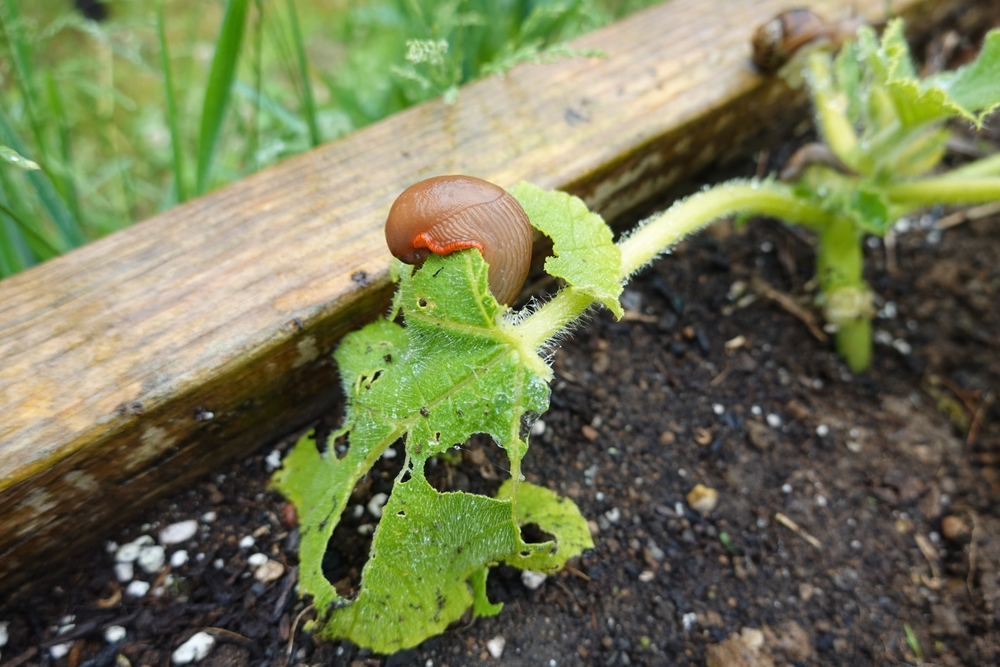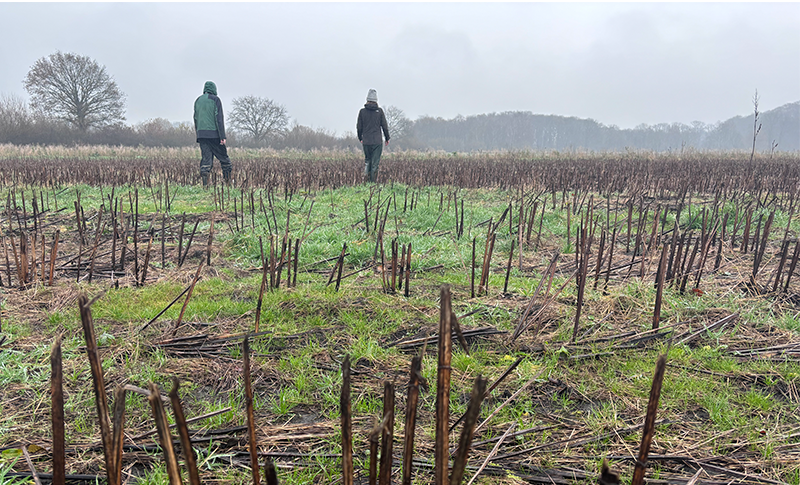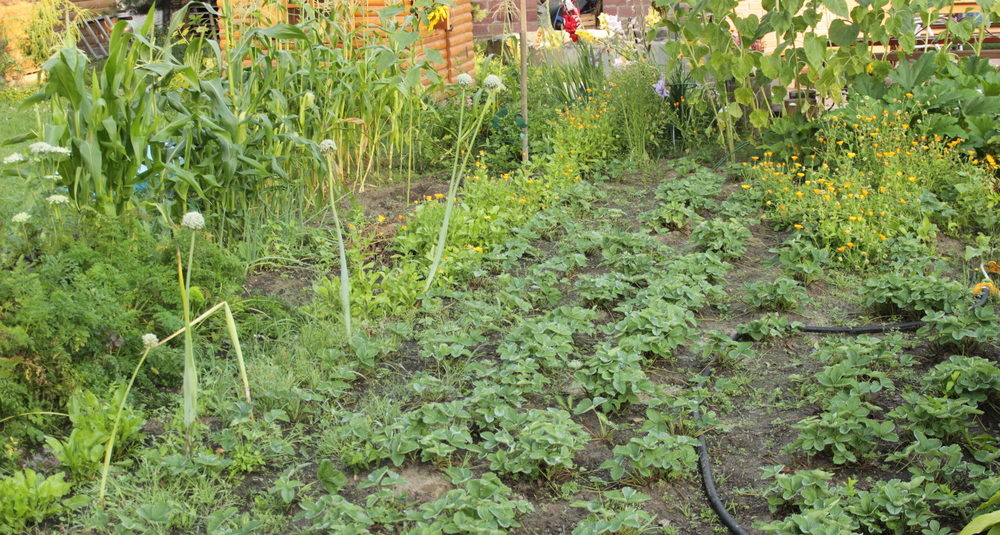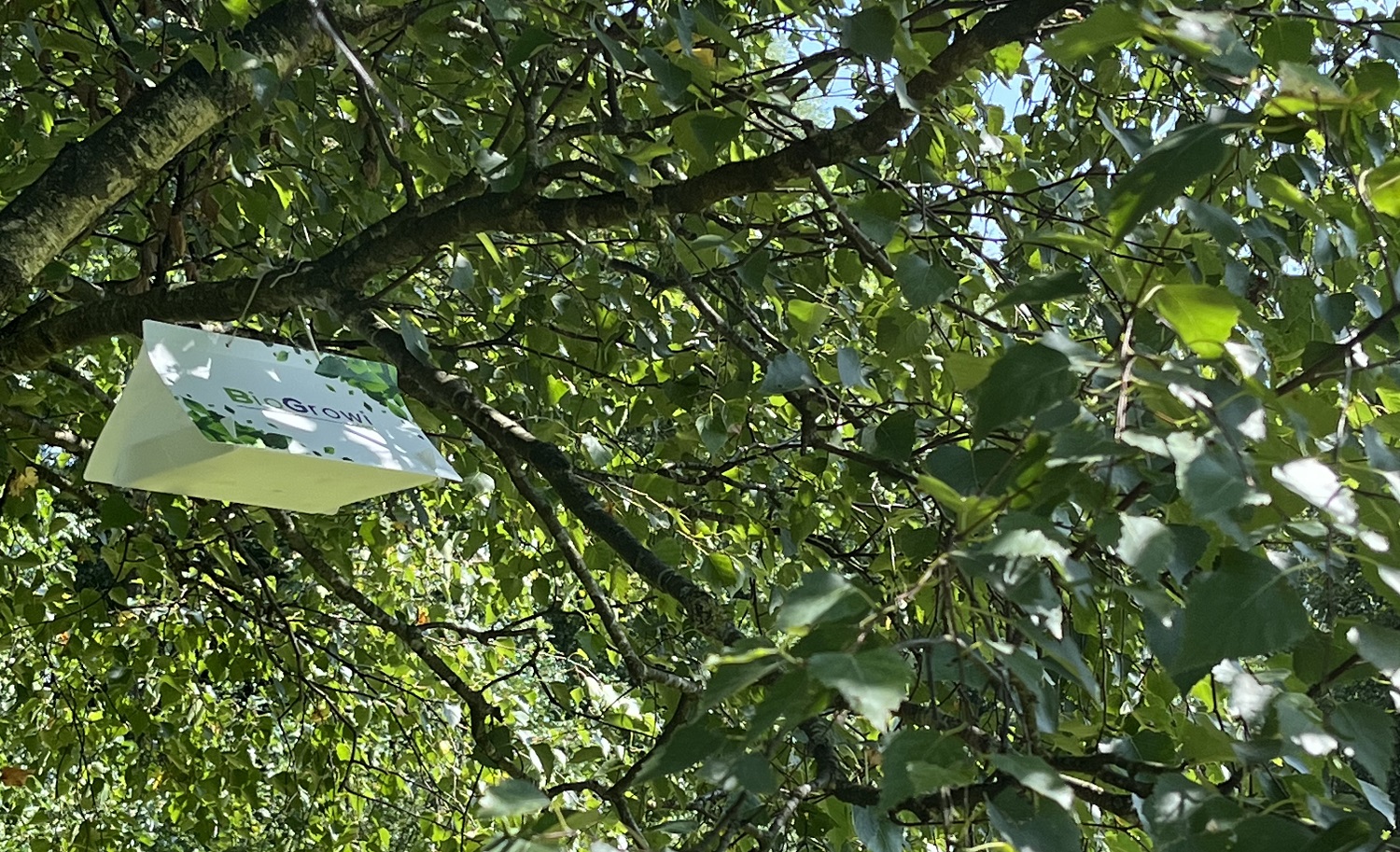What crop combinations are successful in the vegetable garden? And, are these combinations also viable in agriculture? This is the central question in the Vegetable Garden Mix citizen science project, which will have its second edition this growing season.
CropMix aims to gain insight into what crop combinations and processes contribute to better growth, resilience and yields. The Vegetable Garden Mix is part CropMix, a five-year research programme on crop diversity that is part of the National Science Agenda. It studies if, and if so, how, growing different crops on a single plot, often through strip-tilling, can boost diversity so that ecological processes can (partially) replace the use of pesticides and fertilisers.
Good neighbours, bad neighbours
Framers wanting to try growing with diverse crops have many questions about what crops do well together and what crops are better kept apart. The CropMix researchers enlisted the help of vegetable gardeners because the “good neighbour, bad neighbour” approach is common among vegetable gardeners. Participating gardeners were asked to experiment with different combinations of crops in their gardens and to share their findings. At least on the growth and yield of the broad bean, but, if possible, also on the number of aphids and different pollinators that visit the plants.
The researchers have shared the first MoestuinMix 2024 results. These results are probably not entirely representative, as many vegetable gardeners were affected by the heavy precipitation and slug plague. Some of the participants in the first CropMix season lost almost all their seedlings to the slugs. Out of the 800 participants, 450 gardeners shared their data. Out of this group, 270 harvested their crops.
Broad bean and beet
The vegetable gardeners tested combinations of broad beans and pumpkins and broad beans with a crop of their choice. This year, the focus is on broad beans and red beets, with, again, broad beans and a crop of the growers’ choosing. The broad bean and beet seeds are provided by MoestuinMix. Registration has started and will remain open until 20 January via cropmix.nl/moestuinmix/.

 Some of the participants in the first CropMix season lost almost all their seedlings to the 2024 slug plague. Photo Shutterstock
Some of the participants in the first CropMix season lost almost all their seedlings to the 2024 slug plague. Photo Shutterstock


